The Russian mercenary outfit Wagner Group is sending surface-to-air missiles to one of the sides in Sudan’s war, fueling the conflict and destabilizing the region, the Treasury Department said this week in announcing sanctions against a Wagner commander.
Wagner’s role in Sudan is part of a growing presence in Africa aimed at undercutting U.S. and French influence and profiting off African countries’ mining wealth, with the proceeds helping to fund Russia’s war in Ukraine, experts said.
Wagner has had a presence in Sudan since 2017, providing security services and overseeing gold mining concessions. The Treasury Department said Thursday that “the Wagner Group has been supplying Sudan’s Rapid Support Forces with surface-to-air missiles to fight against Sudan’s army, contributing to a prolonged armed conflict that only results in further chaos in the region.”
The Rapid Support Forces have been fighting the Sudanese military for control of the country since April, and the violence has left hundreds dead and more than a million people displaced.
The Biden administration has warned about Wagner’s presence in Sudan and Secretary of State Antony Blinken said last month the mercenary outfit “simply brings more death and destruction” where it operates.
Russia’s embassy in Washington did not respond to a request for comment.
The Treasury Department on Thursday imposed sanctions on Wagner’s chief in Mali, Ivan Aleksandrovich Maslov, saying the group may be seeking help from Mali to secure military gear for Russia’s war in Ukraine.
Maslov has worked “in close coordination” with Malian officials and arranges meetings between regional governments and the head of Wagner, Yevgeny Prigozhin, according to the Treasury Department.
“The Wagner Group may be attempting to obscure its efforts to acquire military equipment for use in Ukraine, including by working through Mali and other countries where it has a foothold,” the Treasury Department said in a statement.
Wagner’s employees “may have been attempting to work through Mali to acquire warfighting equipment such as mines, Unmanned Aerial Vehicles, radar, and counterbattery systems for use in Ukraine,” the department said.
The accusation from Washington comes after a leaked U.S. intelligence document suggested that Mali’s interim president, Assimi Goita, an army officer who seized power in a coup, allegedly offered to obtain weapons from Turkey on behalf of the Wagner Group.
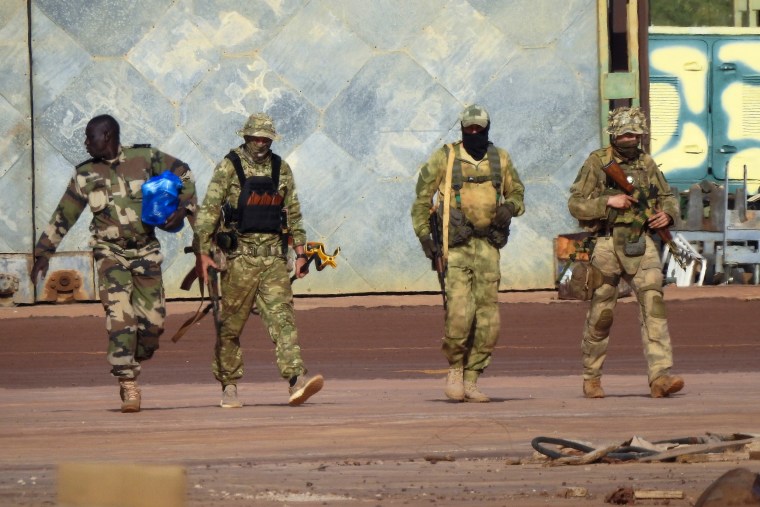
The document, part of a trove of top-secret Defense Department material that surfaced on the social media platform Discord, stated that Wagner associates in early February met with Turkish contacts to purchase weapons and equipment for Wagner’s operations in Mali and Ukraine.
“Additionally, Malian Transition President Goita had confirmed that Mali could acquire weapons from Turkey on Vagner’s behalf,” according to the document, which was obtained by NBC News and other news outlets.
U.S. authorities have accused Air National Guardsman Jack Teixeira, 21, of leaking the secret documents.
Wagner in Africa
Victoria Nuland, undersecretary of state for political affairs, told lawmakers in January that Wagner’s access to gold mines in Mali and the Central African Republic “directly funds” operations in Ukraine. Wagner units are playing a crucial role on the battlefield in Ukraine, relying heavily on prison convicts for infantry battles.
Wagner’s wider aim has been to bolster Moscow’s influence in Africa, experts said.
Wagner has been building its logistical capacity in both Libya and Sudan, taking advantage of its ties to local allies led by rebel commanders, said Nathalia Dukhan, a senior investigator with the Sentry, a nonprofit that focuses on multinational predatory networks.
In Libya, Wagner has allied itself with Khalifa Haftar, who has waged war on the government in Tripoli, and in Sudan it has forged ties with Mohamed Hamdan Dagalo, known as Hemeti.
In Sudan, Wagner has sought to use Hemeti’s RSF as proxies for their operations in the Central African Republic and Chad, Dukhan said.
Although its tactics can vary, Wagner is seeking to project Russian influence in Africa, she said. “Ultimately, it opts for approaches that serve its geostrategic objectives, expansionist agenda as well as advance its business interests,” Dukhan said.
According to a leaked intelligence document that first appeared on the Discord platform, a Wagner associate, Vitaliy Perfilyev, in February suggested launching an anti-U.S. media campaign in the Central African Republic after media reports that Washington was working to persuade the government to break its ties to the mercenary outfit.
The U.S. and human rights groups have accused Wagner of committing atrocities in the Central African Republic, including summary executions and torture.
U.S. authorities previously named Wagner as a “transnational criminal organization” and sanctioned its top leaders.

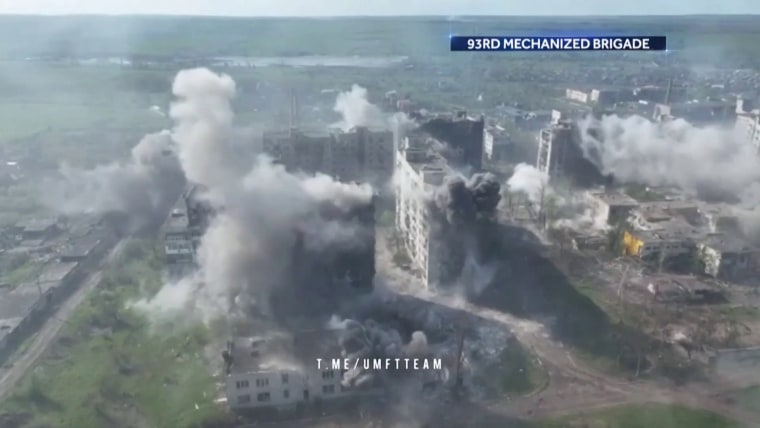
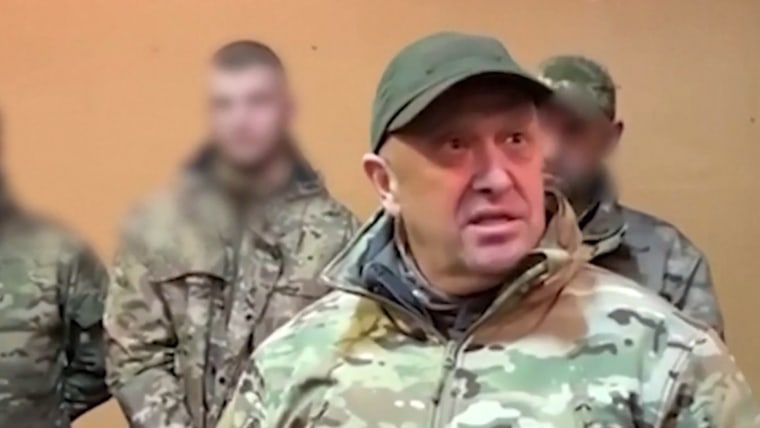
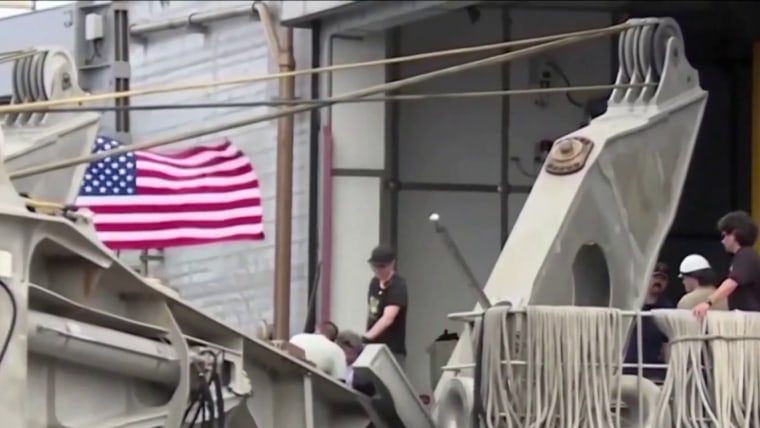

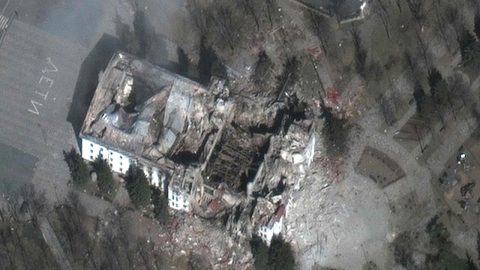


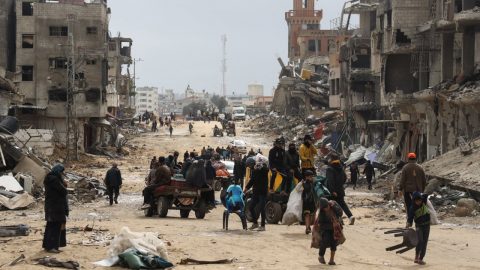
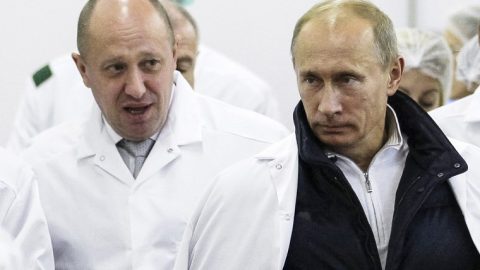


Recent Comments